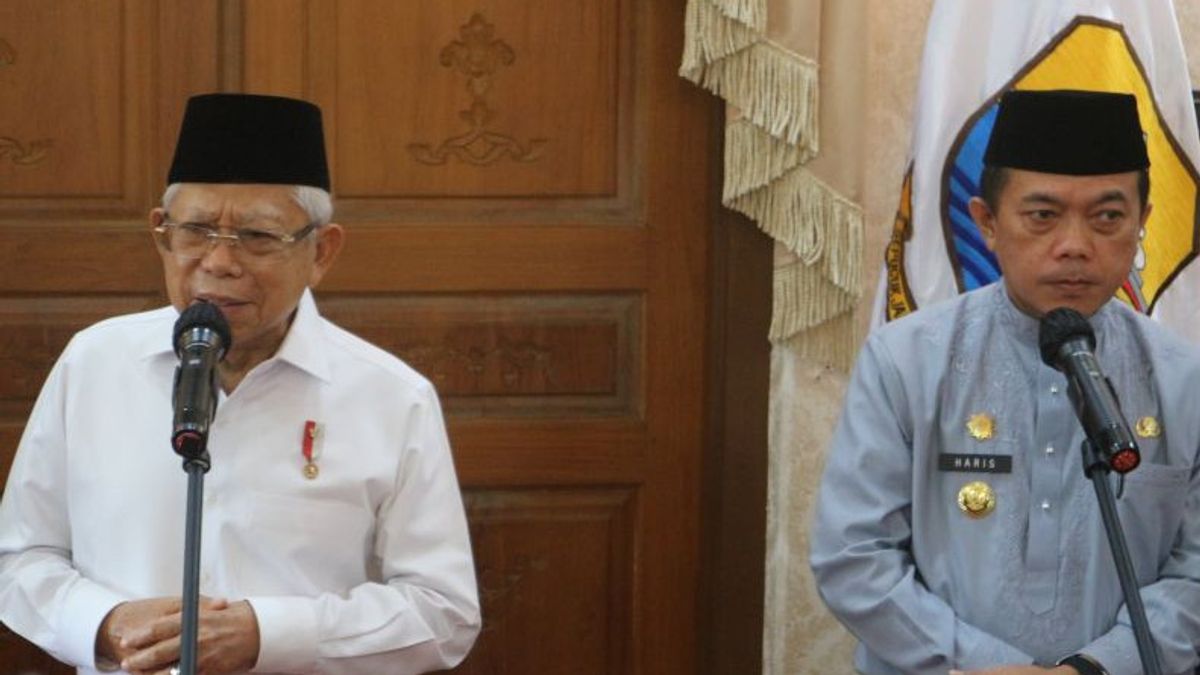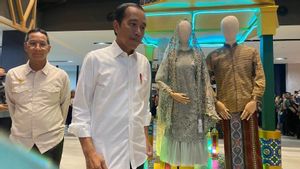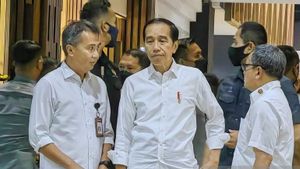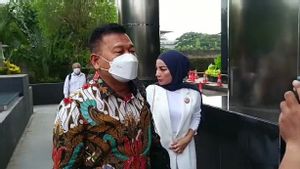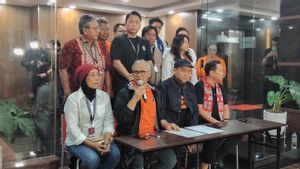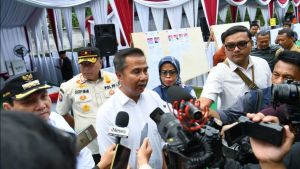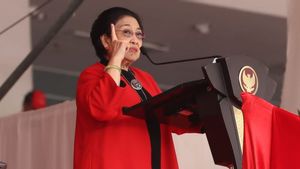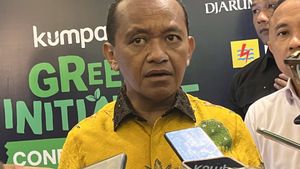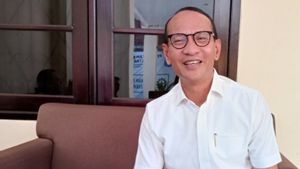JAMBI - Vice President Ma'ruf Amin said zakat could be an option for instruments to reduce economic inequality in Indonesia.
"Zakat, infaq, and alms are important as one of the instruments to eliminate inequality because the current conventional economy has not succeeded in eliminating inequality. It has indeed succeeded in encouraging growth, but has not succeeded in eliminating inequality," he said as quoted by ANTARA, Thursday, May 4.
Vice President Ma'ruf Amin conveyed this when attending the inauguration of the Regional Committee for Sharia Economics and Finance (KDEKS) Jambi Province.
How come the 15th KSJambi was inaugurated after previously being in West Sumatra, Riau, South Sumatra, West Nusa Tenggara (NTB), South Sulawesi, East Java, Bangka Belitung Islands, Banten, Central Java, North Sumatra, Lampung, South Kalimantan, Gorontalo, and Bengkulu.
"(The conventional economy) has succeeded in encouraging growth, but has not succeeded in encouraging inequality, through tax instruments it has not been able to succeed (reduce inequality), therefore through zakat, waqf, infaq and alms, which I think we really feel zakat," he added.
The vice president said that if property owners can give zakat, waqf, infaq and alms, then inequality can be reduced little by little.
For this reason, he asked for the development of the halal product industry.
"I ask that the acceleration of halal certification for MSMEs can be a focus. Jambi is rich in natural resources, so it is necessary to build a halal industry center based on downstreaming of natural products," said the Vice President.
The empowerment of the community economy must also continue to be put forward, including those based on Islamic boarding schools, so that the role of the people and students as "Earth leaders" will continue to grow.
"I appreciate the implementation of the Jambi Sharia Expo (Serambi) Semarak in 2022. I hope this activity will continue to collaborate with more halal MSME business actors and pesantren cooperatives," he added.
The vice president said that sharia-based business actors can be the key to the success of the Islamic economy and finance.
"They are a game changer because it is impossible for the halal industry to be built if there are no entrepreneurs. Islamic finance will not be used, utilized, unless there are entrepreneurs, while zakat, waqf, infaq, alms will also not exist if there are no entrepreneurs who give zakat, waqf, and give alms," he explained.
VOIR éGALEMENT:
He also encouraged the growth of Islamic economic entrepreneurs, both new entrepreneurs and strengthening entrepreneurs who have long been in the Islamic economy.
"Second, in the field of Islamic financial services, it is necessary to further encourage increased literacy and ease of access to the community, as well as the scope of variations in Islamic banking products," said the Vice President.
Alternative financing with sharia principles, such as the issuance of regional sukuk as well as cooperation between the government and Islamic business entities (KPBU), said the Vice President so that they can be used more.
"I appreciate Bank Indonesia and all representative offices, which have been active and consistent in growing pesantren as community economic centers, through the Islamic Boarding School Economic Business Association (Hebitren), sponsored by Bank Indonesia, including in Jambi," said the Vice President.
The English, Chinese, Japanese, Arabic, and French versions are automatically generated by the AI. So there may still be inaccuracies in translating, please always see Indonesian as our main language. (system supported by DigitalSiber.id)
